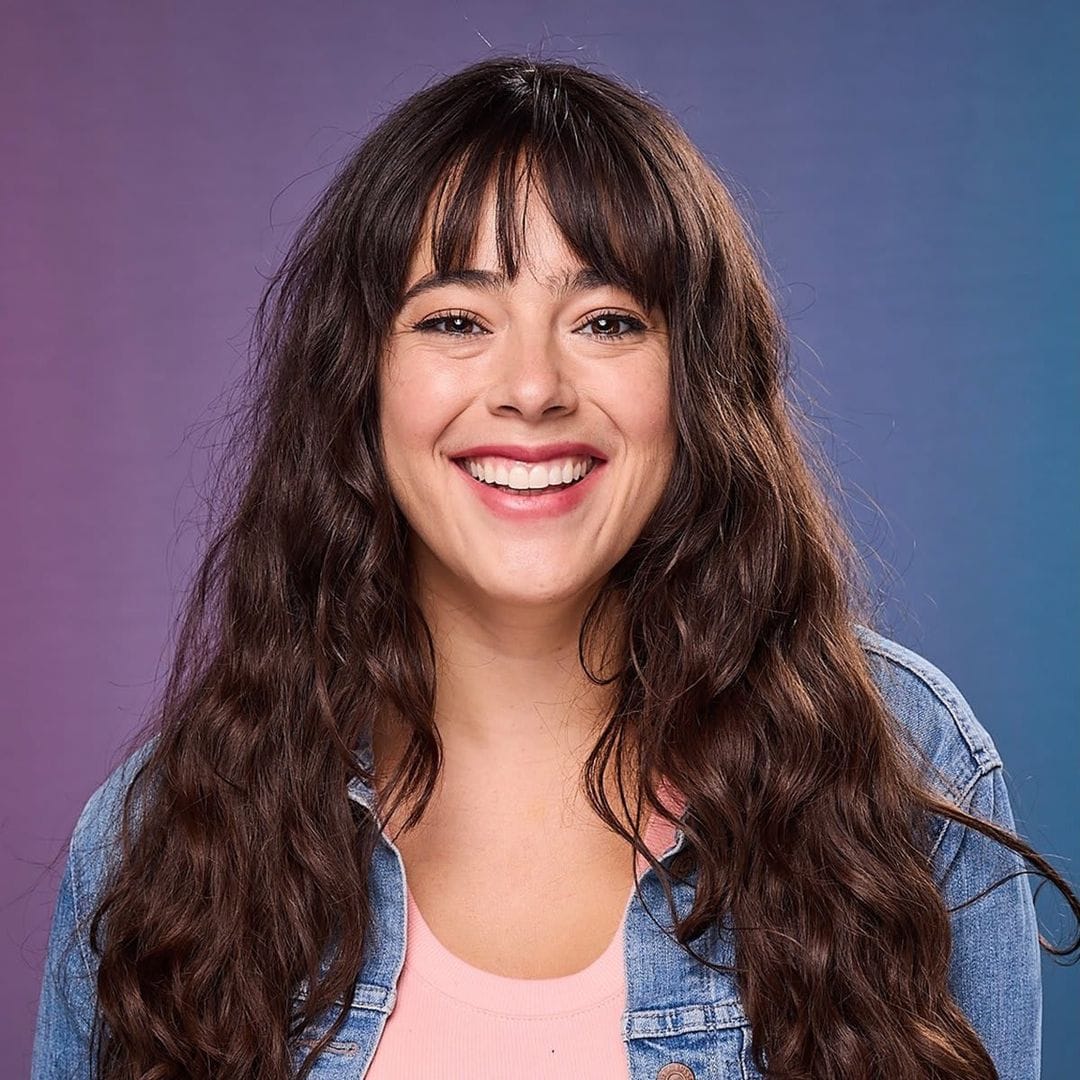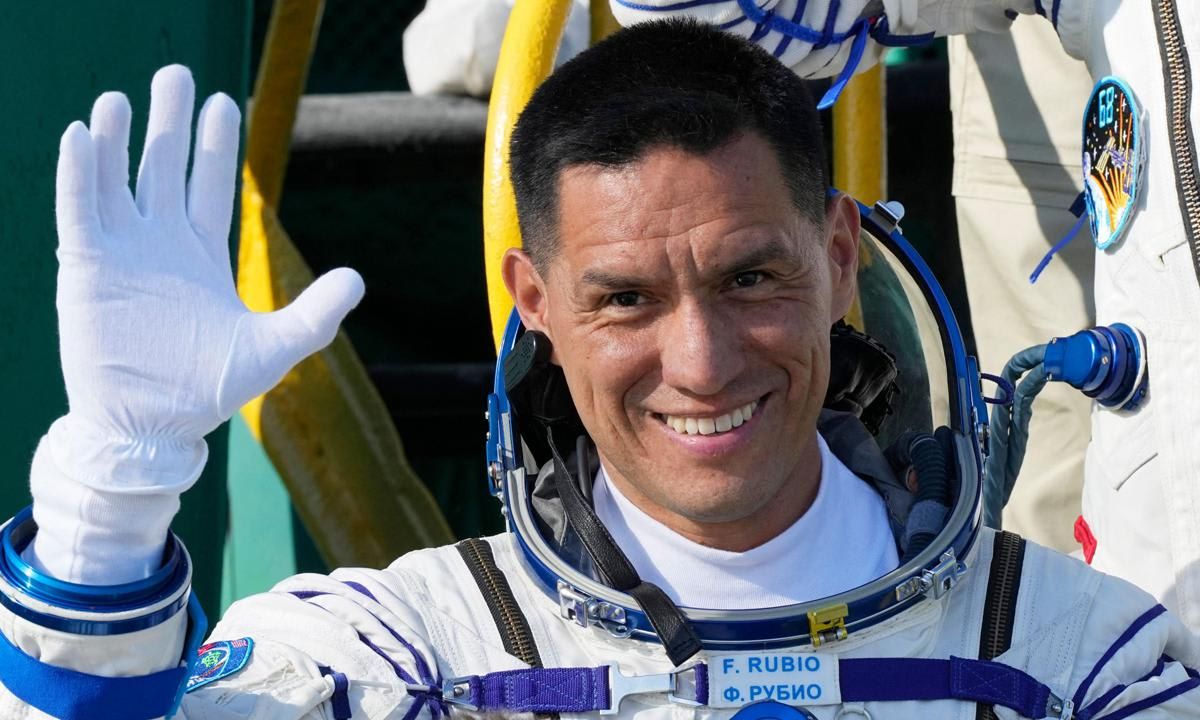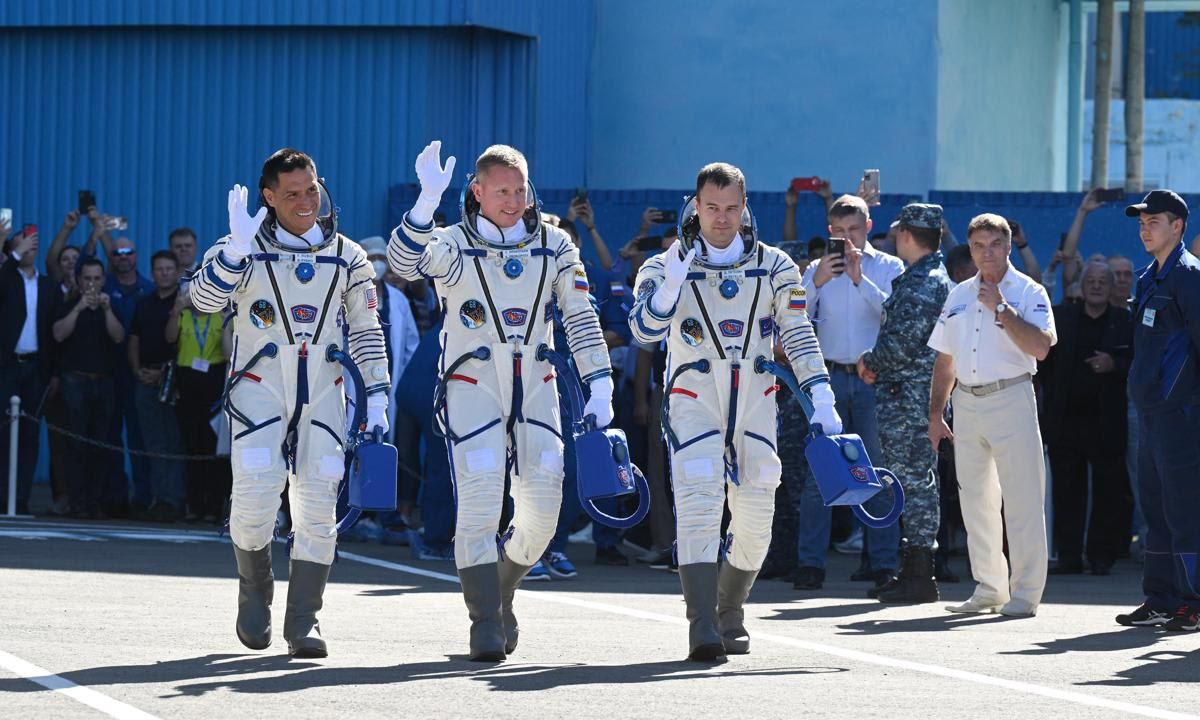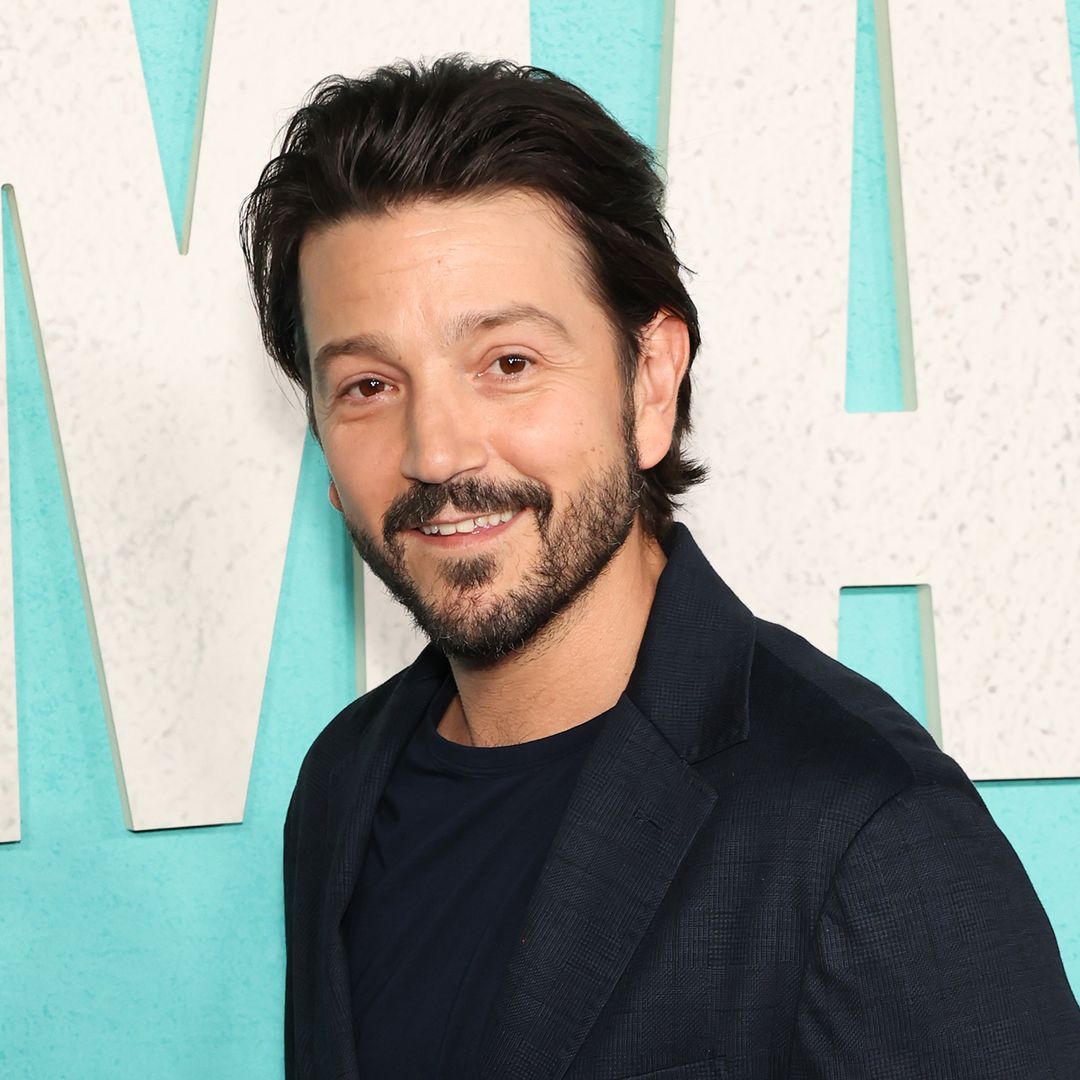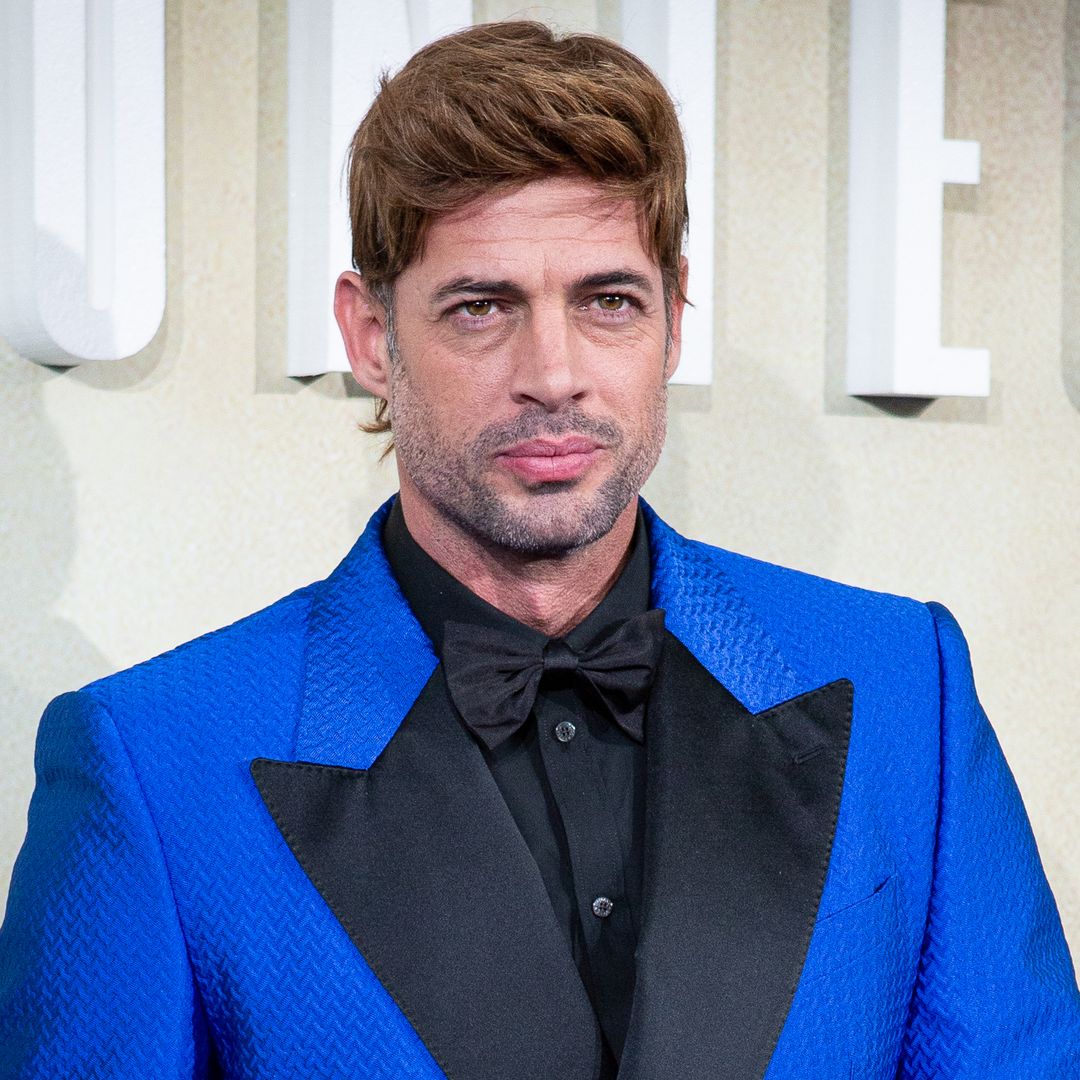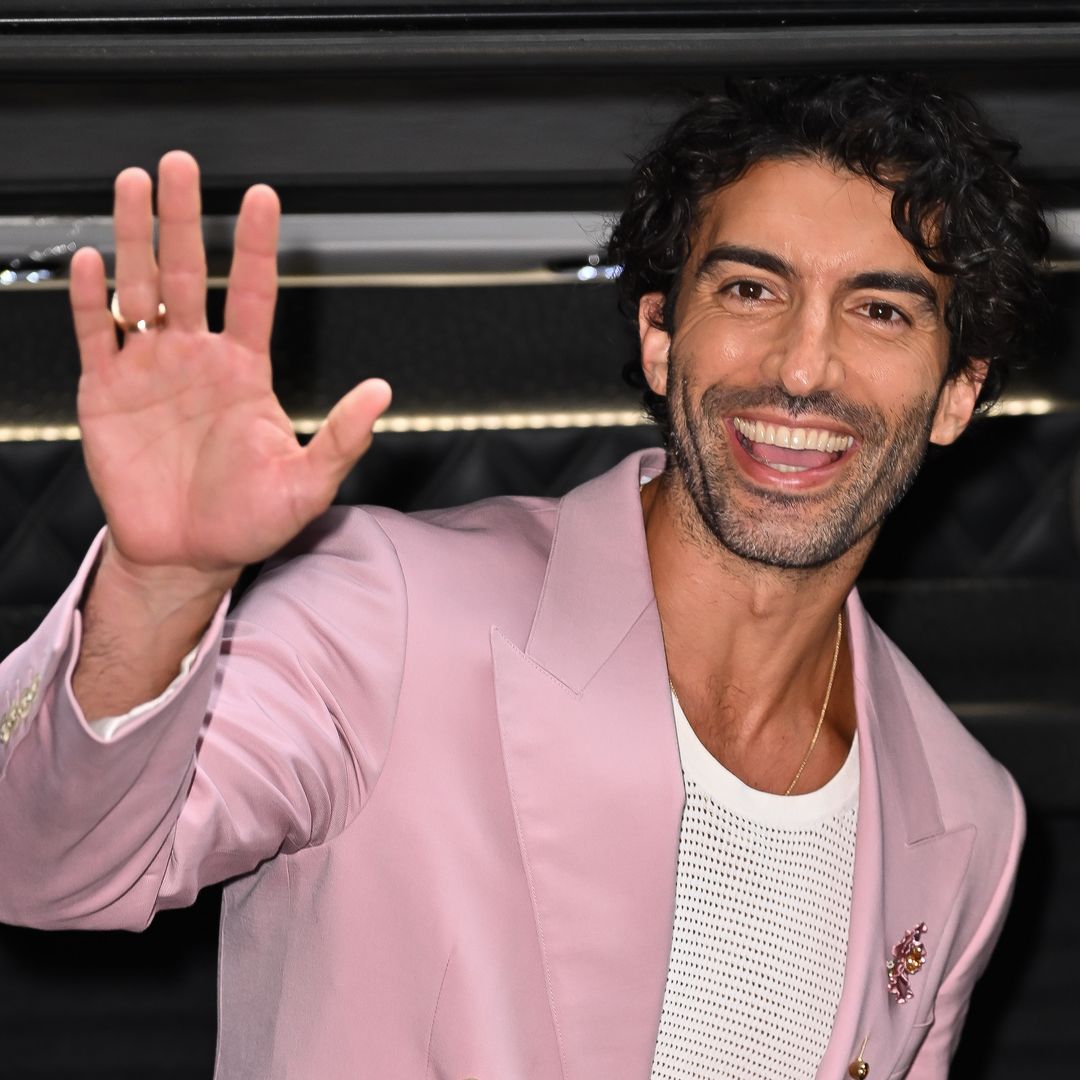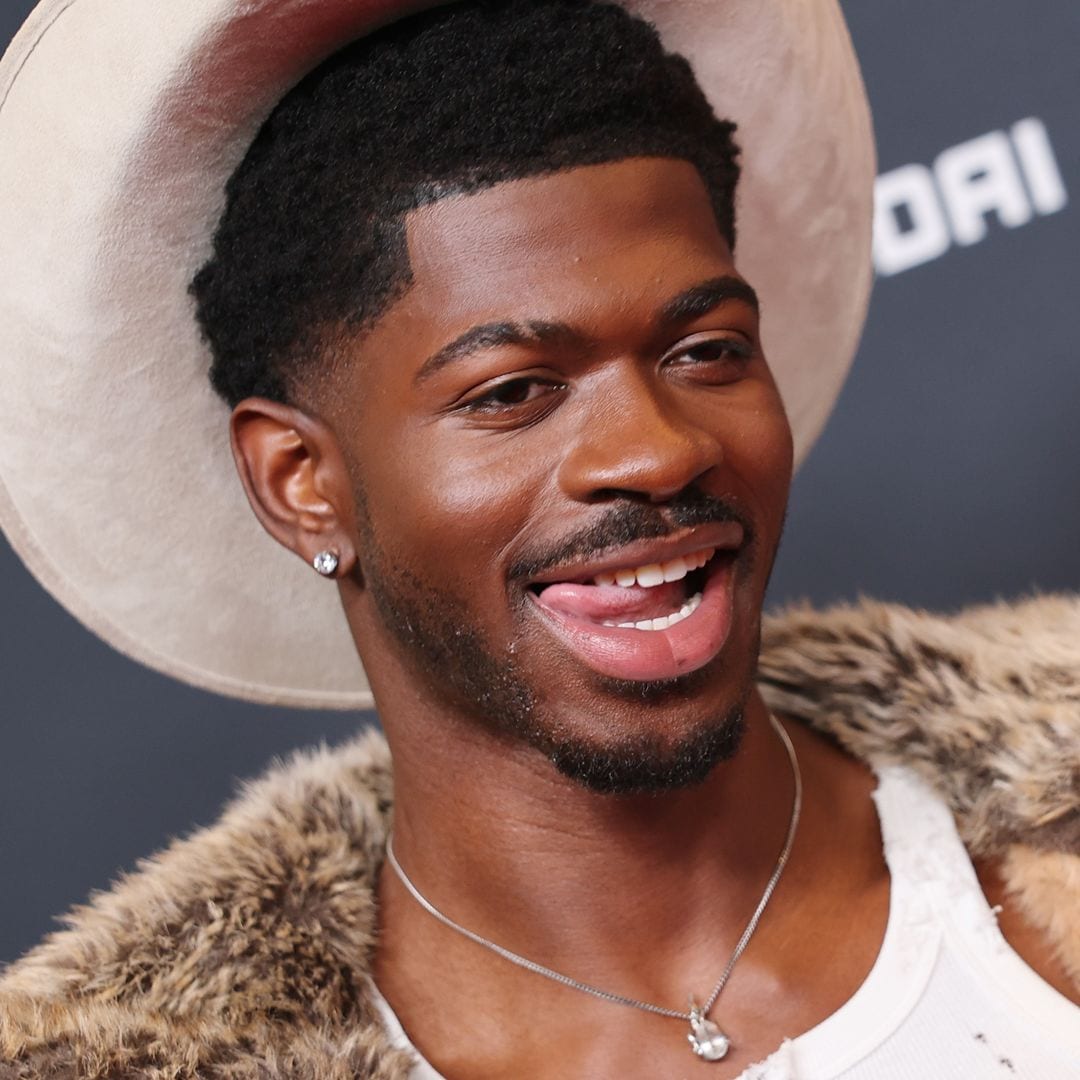Frank Rubio, NASA’s first Salvadoran American to go to space, is currently stuck on the International Space System after their spacecraft got a coolant leak. He might be stuck there for a full year, but the astronaut is staying positive. In a recent interview he assured that there will be new opportunities for Latinos.
Rubio and Russian cosmonauts Sergey Prokopyev and Dmitri Petelin launched a mission on the ISS aboard the Russian Soyuz MS-22 on September 21, 2022, and were supposed to return to Earth in March 2023. But the leak made the cabin at temperatures deemed unsafe for them to make a return.
Per Lavanguardia Rubio told Univision in an interview from the ISS, “Many Hispanics in the future will have an opportunity.” The 47-year-old told Javier Serrano, Univision’s head of meteorology, that after being there for around six months, he feels great.
Rubio is married, and he shares 4 children with his wife Deborah. “If I go back to Earth sooner, I’ll be happy to be with my family,” Rubio said. Russia launched an unmanned Soyuz MS-23, rescue ship on February 10th, to rescue the trio. Their space agency announced in February, the astronauts will return to Earth in September, which means he could be in space for an entire year. Rubio is the 12th Hispanic person to reach the ISS, and he may become the first American and Hispanic astronaut to spend a year in space.
It’s quite the experience for the astronaut who had never been to space. It was his first flight after NASA selected him out of 18,000 in 2017. He prepared for his mission into space for five years. He learned Russian to better communicate with his space mates and flew in a T-38 supersonic plane regularly. He told the outlet Spanish helped him learn Russian.
As for what’s happening on the ISS, he pointed to scientific studies including hydroponic and aeroponic crops, for future expeditions to the Moon and Mars. The experiments are to find out how plants grow, with one of the final objectives to achieve self-sufficiency in space.
If he remains there for a year, his may also help research microgravity and its impact on the human body. On his end, he exercises every day to prevent loss of bone mass.
,type=downsize)
